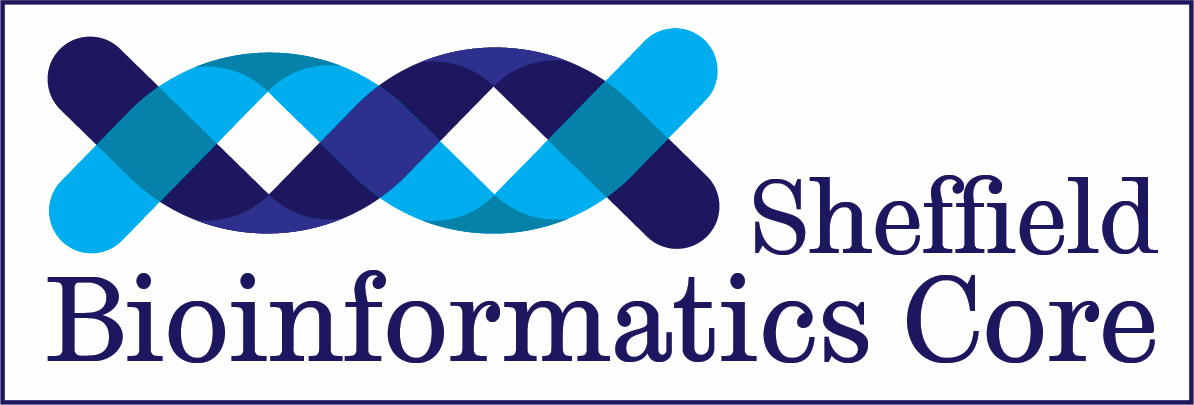Please give your feedback on the course using this link.
R is a highly-regarded, free, software environment for statistical analysis, with many useful features that promote and facilitate reproducible research.
In this course, we give an introduction to the R environment and explain how it can be used to import, manipulate and analyse tabular data.
After the course you should feel confident to start exploring your own dataset using the materials and references provided.
Researchers in life sciences who want to get started using R for their data analysis
You will need to bring an internet-enabled laptop to the course and install the latest versions of both R and RStudio before coming to the course
Install R by downloading and running this .exe file from CRAN. Also, please install the RStudio Desktop IDE.
Install R by downloading and running this .pkg file from CRAN. Also, please install the free RStudio Desktop IDE
You can download the binary files for your distribution from CRAN. Or you can use your package manager (e.g. for Debian/Ubuntu run sudo apt-get install r-base and for Fedora run sudo yum install R). Also, please install free the RStudio IDE.
Registration is now closed.
For queries relating to collaborating with the Bioinformatics Core team on projects: bioinformatics-core@sheffield.ac.uk
Join our mailing list so as to be notified when we advertise talks and workshops by subscribing to this Google Group. You can also connect with us on Linkedin.
Requests for a Bioinformatics support clinic can be made via the Research Software Engineering (RSE) code clinic system. This is monitored by Bioinformatics Core staff, so we will ensure the appropriate expertise (which may involve individuals from multiple teams) will be available to help you
Queries regarding sequencing and library preparation provision at The University of Sheffield should be directed to the Multi-omics facility in SITraN or the Genomics Laboratory in Biosciences.
